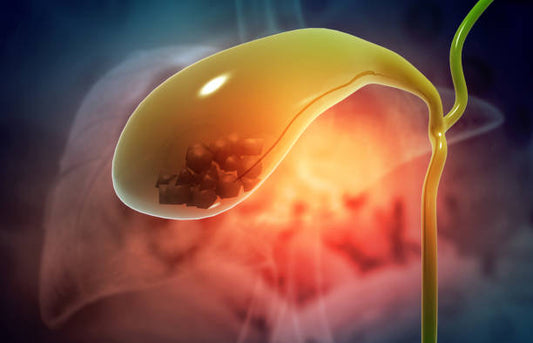Licorice, often known for its sweet and distinct flavor, is not just a delightful treat; it's also a remarkable herb with a long history of use in traditional medicine. In this article, we'll delve into the fascinating world of licorice, exploring its origins, properties, and diverse range of uses.

The Basics of Licorice
Licorice, scientifically known as Glycyrrhiza glabra, is a perennial herb native to parts of Asia and Europe. Its roots and underground stems, known as rhizomes, contain valuable compounds that have made it a sought-after herb for centuries.
Chemical Composition
The primary active compound in licorice is glycyrrhizin, a natural sweetener that is roughly 30 to 50 times sweeter than sucrose (table sugar). However, licorice's medicinal properties extend beyond its sweetness. It also contains various bioactive compounds, including flavonoids and triterpenoids, which contribute to its therapeutic effects.
Traditional Uses
Licorice has been used traditionally in various cultures for its health-promoting properties. Here are some traditional applications:
1. Digestive Health
Licorice has a long history of use for digestive issues. It is believed to soothe the stomach lining, relieve heartburn, and alleviate symptoms of indigestion and gastritis.
2. Respiratory Support
Licorice is commonly used to ease respiratory discomfort. It can help alleviate coughs, sore throats, and bronchial irritations. Its natural anti-inflammatory and expectorant properties are valuable in this regard.
3. Immune System Boost
Licorice may support the immune system by enhancing the body's defense mechanisms. It can be particularly beneficial during cold and flu season.
4. Skin Care
Licorice extract is a popular ingredient in skincare products. It is known for its skin-lightening properties and can help reduce the appearance of dark spots and hyperpigmentation.
5. Hormone Regulation
In traditional herbal medicine, licorice has been used to balance hormones and alleviate symptoms associated with hormonal imbalances. It is especially valuable for women's health.
Modern Applications
In modern times, licorice continues to be a subject of scientific research, and its potential health benefits are continually being explored. Some of the emerging uses and research areas include:
1. Antiviral Properties
Research suggests that licorice may possess antiviral properties and could be useful in the management of certain viral infections, including hepatitis C.
2. Anti-Inflammatory Effects
Licorice contains compounds with anti-inflammatory properties, making it a potential candidate for conditions characterized by inflammation, such as arthritis.
3. Skin Health
The use of licorice extract in cosmetics and skincare products has gained popularity due to its skin-brightening and anti-aging effects.
Cautionary Notes
While licorice offers many potential benefits, it's essential to use it judiciously and be aware of some important considerations:
1. Glycyrrhizin Content: Excessive consumption of licorice with high glycyrrhizin content can lead to side effects, including hypertension, potassium depletion, and edema. It's crucial to monitor your intake, especially if you have high blood pressure or heart conditions.2. Interactions: Licorice may interact with certain medications and affect their efficacy. If you're taking medication, consult your healthcare provider before using licorice supplements or products.
3. Pregnancy and Nursing: Pregnant and nursing women should exercise caution with licorice due to its potential impact on hormone levels.
Products that contains Liquorice -
In Conclusion
Licorice is a versatile herb with a rich history of use in traditional medicine. Its sweet flavor and numerous potential health benefits have made it a favorite in herbal remedies and culinary applications alike. Whether you're savoring licorice candy or using licorice extract in skincare products, this herb offers a delightful combination of taste and wellness support. Just remember to enjoy it in moderation and seek professional guidance when using it for specific health concerns or conditions.
Author: Nikita Vishnoi BCA
Reviewed by: Dr. Varsha Singh Bhati












